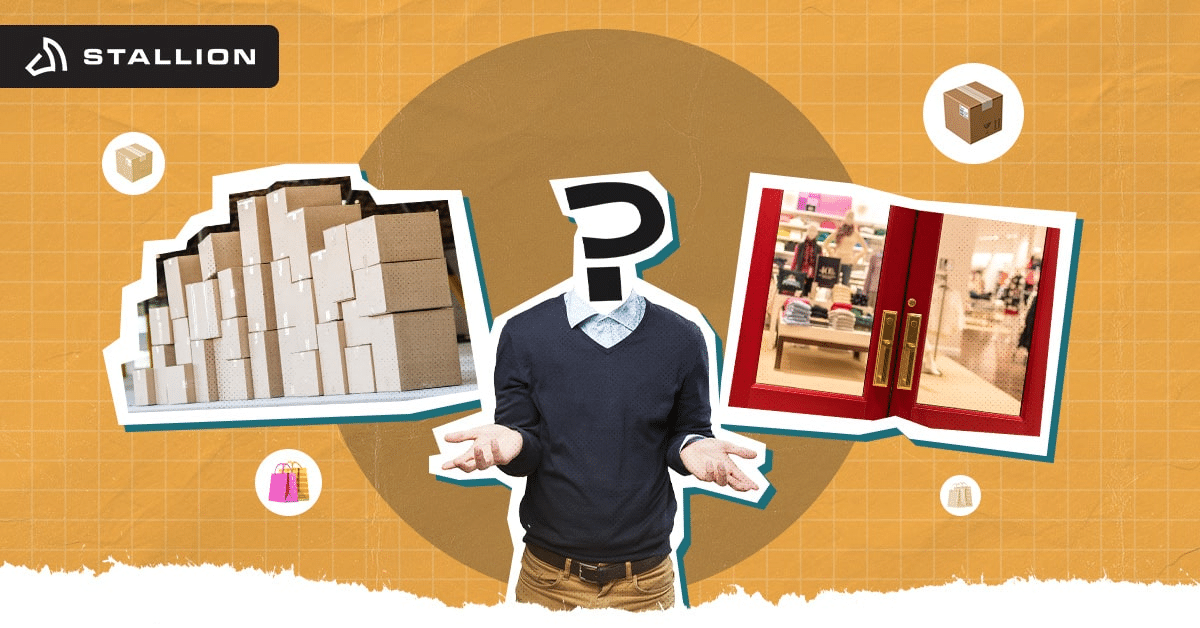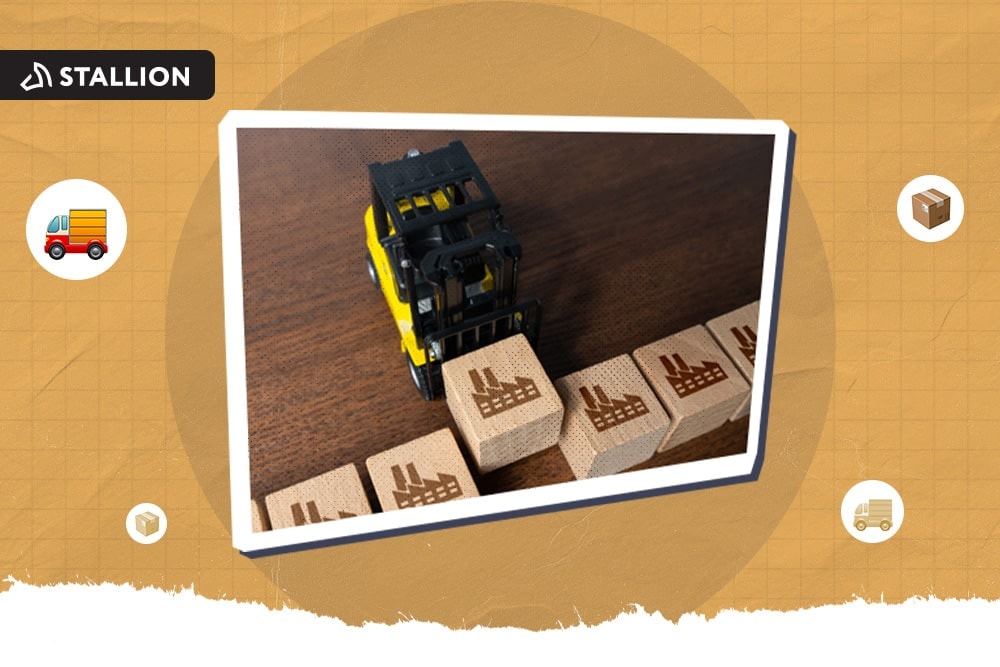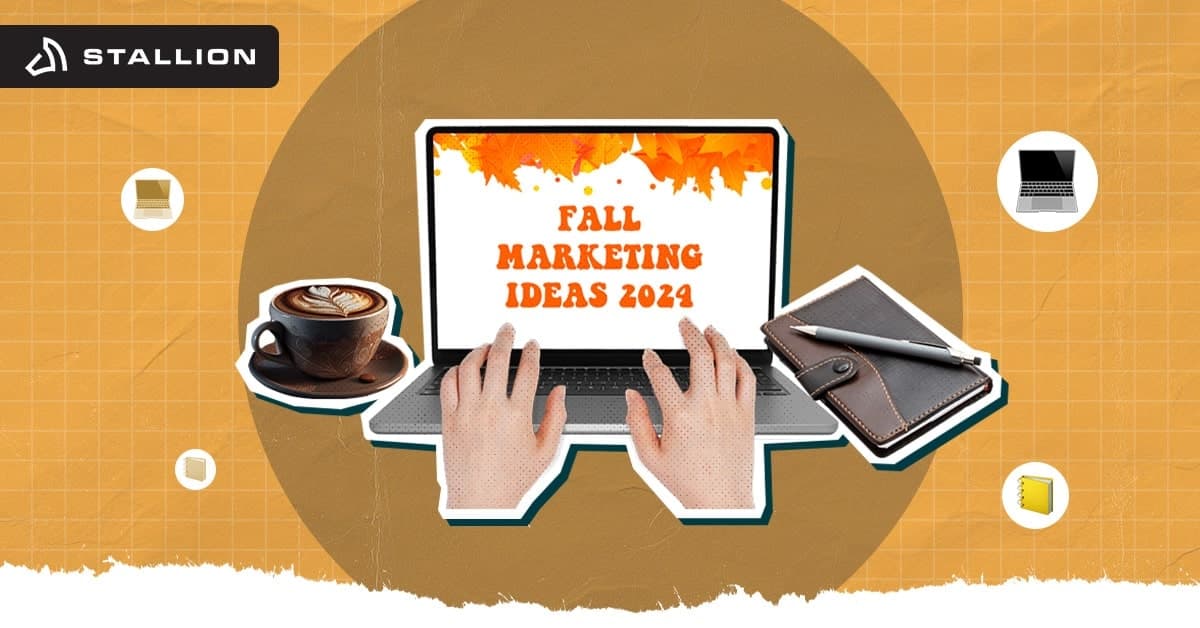
Have you ever wondered how your favourite stores get their products? In this article, we'll talk about the contrasting worlds of wholesale vs retail. We will also discuss the following topics:
This might surprise you a bit. However, another business world is happening before those items hit the shelves.
These sales channels play a vital part in getting products to consumers, but each fulfills a distinct function:
In short, distributors deal in bulk with producers. On the other hand, wholesalers buy in bulk from distributors and sell to retailers. Lastly, retailers provide the final point of purchase for consumers.

As mentioned earlier, a wholesale business is like a middleman. It buys large quantities of goods from producers at a discount. Then, it stores and resells these products in smaller bulk quantities to retailers. Wholesalers don't sell directly to consumers, but their role is essential.
By buying in bulk, they get a reasonable price, and retailers benefit from not having to deal directly with manufacturers. It keeps the supply chain efficient and products flowing smoothly.
Here are the advantages of having a wholesale business model:
Here are the disadvantages of having a wholesale market:

A retail business is the final stop for a product before it reaches you. They buy items, often from wholesalers, in smaller quantities than bulk. Retailers focus on creating a curated shopping experience with a specific selection of products.
They price each item individually with a markup to cover their costs and make a profit. So, instead of buying cereal boxes, you visit a grocery store (retailer) and purchase a single box at a marked-up price.
Here are the advantages of having a retail business model:
Here are the disadvantages of being a retailer:
Wholesale and retailing play critical roles in influencing the efficiency and functionality of the supply chain. Here's how they impact it:
Wholesale and retail play a tug-of-war with volume. Wholesalers buy in bulk at lower costs, allowing manufacturers to produce efficiently. However, they sell smaller quantities to retailers, who then split these purchases into individual items.
As a result, the end user's perceived volume and price increase. This system keeps goods flowing and caters to large-scale production and individual consumer needs.
Retailers focus on smaller, faster-moving quantities that need less storage. However, they also face pressure to keep popular items in stock to please customers. This balancing act ensures a steady flow of goods and minimizes the risk of stockouts or dead stock for both parties.
Wholesale and retail reshape distribution channels. Wholesalers act as hubs, buying in bulk and distributing to various retailers. It widens the reach of products for manufacturers. Retailers then become the final stop, ensuring products are conveniently available for consumers.
This two-step approach creates a more efficient distribution system. As a result, they can deliver goods from factories to store shelves and ultimately into the customer's hands.
Wholesalers and retailers take opposite approaches to customers. Wholesalers focus on building solid relationships with a smaller pool of retailers. On the other hand, retailers deal directly with a vast consumer base.
They focus on creating a positive in-store or online experience. Such situations allow them to build brand loyalty and cater to individual customer needs. This one-to-many vs many-to-one dynamic shapes customer relationships throughout the supply chain.
Wholesale and retail dictate opposite ends of the pricing spectrum. Wholesalers buy in bulk at a discounted rate. This purchasing strategy allows them to focus on maximizing profit margins per order. Meanwhile, retailers markup these purchases to cover their operational costs.
Also, they adjust the pricing according to their desired profit per item sold. This system allows manufacturers to move large quantities efficiently. It also enables retailers to cater to consumer price sensitivity and offer competitive pricing.
Wholesalers and retailers have opposing effects on supply chain complexity. Wholesalers simplify the initial stages of the process. How? They combine the orders and manage bulk inventory. This system reduces complications for manufacturers.
However, retailers divide these bulk purchases into individual items. Unfortunately, this process increases the complexity of warehouses and requires efficient distribution networks to reach stores and consumers.
This push-and-pull between consolidation and diversity keeps the supply chain functioning but adds intricacy.
Wholesalers and retailers drive innovation in supply chain technology. Wholesalers can take advantage of warehouse management systems and automation. These perks allow them to track and manage thousands of goods efficiently.
Meanwhile, retailers use technology for the following processes:
These steps help streamline sales and customer experience. This focus on efficiency at both ends incentivizes investment in automation and data-driven solutions. In return, it makes the entire supply chain more responsive and cost-effective.
The world of wholesale can be an exciting and lucrative space for entrepreneurs. If you're looking to dive in, here's a roadmap to get you started:
Launching a wholesale business requires pinpointing the sweet spot. You should know what products are in high demand with healthy profit margins. Thus, research for online marketplaces and industry. Also, consider attending trade shows to identify trending products and potential supplier matches.
Look for gaps in the market where you can offer unique value. Start with your interests and expertise to choose a niche you're passionate about. It's best to start with this niche because you can easily relate to people sharing the same views.
Your wholesale business plan should outline the following factors:
If needed, look for loans or investors to support your businesses. For the legal structure, choose something like an LLC for liability protection. However, remember to consult a professional before you decide.
They can help you deal with permits and licenses specific to your location. This ensures you operate legally and attract retailers with confidence.
Wholesalers deal in bulk, so efficient storage and organization are crucial. Use a warehouse management system to complete certain tasks, such as:
It lets you quickly fulfill retailer orders and ensure you have the right products to meet demand.
Wholesalers are bridges between manufacturers and retailers. They establish strong relationships with suppliers. So, how do you reach retailers as a wholesaler?
As a wholesaler, target your marketing online and offline. Start by building a user-friendly website. The homepage should immediately highlight products and bulk discounts. Then, network at trade shows and through industry publications to connect with retailers.
Remember to provide excellent customer service to build trust and loyalty. Social media can also be a tool to showcase products and connect with potential buyers in your niche. Think about engaging with them to nurture your connections. Be genuine and authentic in your posts!
The world of retail offers endless possibilities for creative and passionate entrepreneurs. Here are the things you can do as a retailer:
Retailers should be market research ninjas to pick winning products. They can find the most sellable items by doing the following:
By understanding your target market and staying on top of trends, you can curate a product selection that keeps customers returning for more.
A strong business plan is your roadmap to success. Just like having a wholesale business model, you must follow the steps to ensure you do it right:
Once you settle everything, it will ensure you operate legally and build customer trust.
When opening a store, it's best to scout high-traffic areas. However, ensure these areas have demographics matching your target market. You should also research the competition in your specific niche. It's best not to be in a location full of brands selling the same products as you do.
Of course, if you have already identified the location, don't forget to ask about the rent. You don't want that to eat up all your profits. Once secured, focus on a functional layout that showcases products and guides customer flow. Use visual appeal and optimize space for a smooth shopping experience.
If you don't want old items to stay in your store, use software to track inventory. This tool will help you avoid unwanted stock outs or dead stock. It's best to partner with reliable suppliers, too. They can help forecast demand and ensure you have enough customer items.
Meanwhile, choose a point-of-sale (POS) system to streamline sales and customer service. Be sure to consider these features before choosing one:
As a retailer, the competition is much higher. Thus, it would be best to take some preventive measures to stand out.
Finding a reliable shipping partner is crucial for your business, as it can impact factors like customer satisfaction and your bottom line.
Additionally, some shipping providers do not ship to certain locations due to logistics and resource limitations.
It might sound demanding, but you will feel its effect once you see a satisfied look from your customers.
Bonus tip: Consider getting recommendations from other businesses in your industry. They can provide valuable insights based on their own experiences.
By following these steps, you'll be well on your way to finding a reliable shipping partner that can help your business thrive.
If you don’t have the time to look for the right shipping provider, Stallion is here to help! Stallion is a popular logistics and shipping company catering to eCommerce businesses of all sizes.
You can easily integrate your eCommerce platform to make the shipping process more efficient and seamless.
Wholesalers and retailers work within the same supply chain. However, their purpose is what sets them apart. Wholesalers buy in bulk, manage complex logistics, and get the products to retailers.
Meanwhile, retailers are the final stop for shoppers. They curate a customer experience, focus on presentation, and market items. Though their functions differ, both are essential for getting products from factories to customers.
To ensure products get to the customer's hands, consider Stallion for the cheapest shipping within Canada, the US, and internationally.
Aman looks after the content marketing department at Stallion Express. He is passionate about helping businesses grow by providing informative and up-to-date trends in the eCommerce industry. Outside the office, you can find him on the soccer field cheering on Real Madrid.



Can our fellow Torontonians relate?
-
#smallbusiness #business #entrepreneur #socialmedia #shipping #ecommerce #canadianecommerce #shopify #poshmark #b2b #saas #etsy #ebay #canada #canadiansmallbusiness #shoplocalcanada #entrepreneur
#toronto

Here’s your quick hassle free shipping from 🇨🇦 to 🇺🇸 as a business owner!
-
Any questions?! Leave them 👇🏻 and save this video so you don’t forget!
-
#smallbusiness #business #entrepreneur #socialmedia #shipping #ecommerce #canadianecommerce #shopify #poshmark #b2b #saas #etsy #ebay #canada #canadiansmallbusiness #shoplocalcanada #entrepreneur

Meet @drinkbenny a 🇨🇦 female founded energy drink brand! Instead of focusing on their products, they’re taking a unique approach by hosting in person events in different Canadian cities to offer an experience for their community 🧡
-
What are your thoughts on in person events? 💭
-
#smallbusiness #business #entrepreneur #socialmedia #shipping #ecommerce #canadianecommerce #shopify #poshmark #b2b #saas #etsy #ebay #canada #canadiansmallbusiness #shoplocalcanada #entrepreneur

Do you know the difference between DDU and DDP when shipping internationally 🌏 ?
-
Questions? Leave them below! 👇🏻
-
#smallbusiness #business #entrepreneur #socialmedia #shipping #ecommerce #canadianecommerce #shopify #poshmark #b2b #saas #etsy #ebay #canada #canadiansmallbusiness #shoplocalcanada #entrepreneur

Here’s a quick hack to save time from choosing multiple postage options
↪️ Turn on the lowest postage rate automation to save you time!
-
Questions? Leave them below! 👇🏻
-
#smallbusiness #business #entrepreneur #socialmedia #shipping #ecommerce #canadianecommerce #shopify #poshmark #b2b #saas #etsy #ebay #canada #canadiansmallbusiness #shoplocalcanada #entrepreneur
